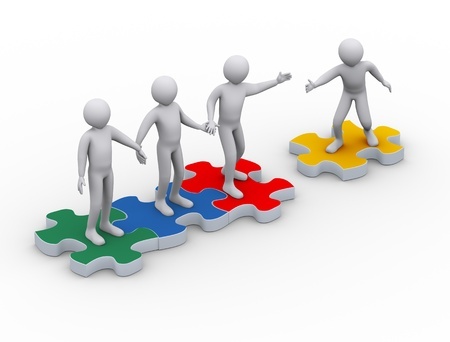The holidays can be a difficult and even lonely
time for many of us, especially those who are living in recovery; either from alcoholism or needing to abstain due to psychotropic medications. Holiday
parties almost always include temptation and pressure to drink. The holidays
can especially be a struggle for those who are very early in their own recovery
process. You’ve worked so hard for your sobriety; how can you make it through
this season without slipping back into relapse? If this concern sounds familiar
to you, you’re not alone. According to DrugFree.org, ten percent of Americans are in
addiction recovery. So many more take medications that interfere with alcohol and alcohol infused treats.
However, it is possible to make it through the holidays without relapse. Here are a few tips...
However, it is possible to make it through the holidays without relapse. Here are a few tips...
Have a
Plan
Never go to a holiday party without a plan
for staying sober. Anticipate any pressures or temptations before they occur,
and know how you plan to respond. For instance, ask yourself, “How will I stay
sober on this day?” Whatever your sobriety plan might be, figure it out in
advance; practice it; and don’t be afraid to stick to it.
Volunteer
Helping other people is one of the most
meaningful and fulfilling activities you can do, regardless of the time of
year. Of course, bringing joy to the lives of others has special meaning during
the holidays. Activism and volunteer work puts things into perspective, gives
us a sense of purpose, and builds self-esteem while helping us forget about our
own problems. There are countless ways you can help others this holiday season,
including serving food at a homeless shelter, mentoring a child in need, or
even volunteer at an animal shelter - just to name a few.
Don’t Go
When all else fails, simply consider not going.
This is especially recommended if you are early in your recovery process
because that’s when the temptation is usually the strongest. Attending
the party might sound like fun. However, more often than not, the temptation of
attending a holiday party is simply not worth the risk of returning to
addiction. It’s important to note that this doesn’t mean you have to stay at
home by yourself. Instead, you could spend time with a friend who isn’t going
to the party. If possible, choose to go to an AA meeting or meet up with your
sponsor, if you have one. Or go to the movies. Take a yoga class. Go ice
skating with a loved one. If you’re single, take a chance by going on a date.
Or, better yet, throw your own party…
Throw Your
Own Party
Celebrate the holidays and sobriety, all in one
party! This is a great way to avoid the loneliness and sadness that people
often feel during the holiday season, while resisting the temptation of being
around alcohol at parties. Hold your own party at your home or at your favorite
event space. Invite your friends, loved ones, and even your sponsor. Of course,
let everyone know in advance that it will be a drug- and alcohol-free event.
Enforce those boundaries. Instead of wine, consider serving punch, apple cider
or non-alcoholic homemade eggnog. Plan games, play music, and perhaps even hold
a potluck or cookie swap. Regardless of what party theme you choose, you can
show yourself - and your loved ones - that it is possible to ring in the
holidays with plenty of fun and cheer… and without the need to drink or the
chance of relapse.
As you can see, the holiday season doesn’t have
to be all about parties, cocktails and hangovers. With some will power, a
strategy plan and the support of those around you, you’ll find that it is very
possible to eat and be merry this holiday season -- without having a single
drink. Hopefully, this gives you a simple guideline for having a happy, healthy
holiday season without slipping into relapse.
By Henry Moore
Henry is the co-creator of FitWellTraveler. The site blends two of his favorite subjects (travel and health) to provide readers with information about how to get the most out of both. Mr. Moore starts every day by looking at photographs of past travel, making plans for future travel, and committing to one new healthy goal. He enjoys travel, running, swimming and baking. His favorite place in the world is Venice, Italy. The next place on his list to visit is: Fernando de Noronha in Brazil.
By Henry Moore
Henry is the co-creator of FitWellTraveler. The site blends two of his favorite subjects (travel and health) to provide readers with information about how to get the most out of both. Mr. Moore starts every day by looking at photographs of past travel, making plans for future travel, and committing to one new healthy goal. He enjoys travel, running, swimming and baking. His favorite place in the world is Venice, Italy. The next place on his list to visit is: Fernando de Noronha in Brazil.









